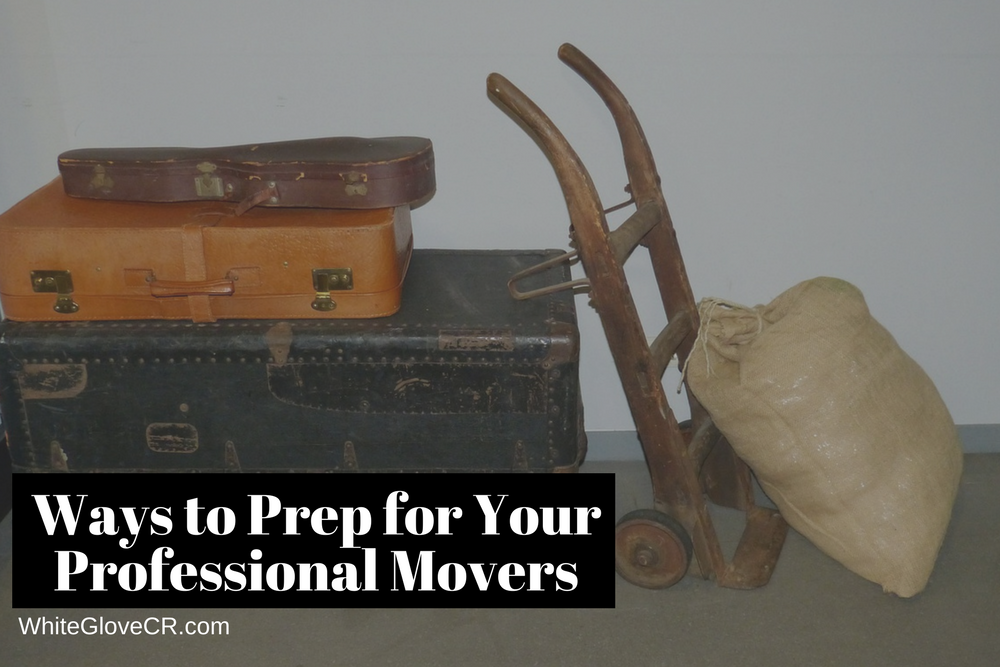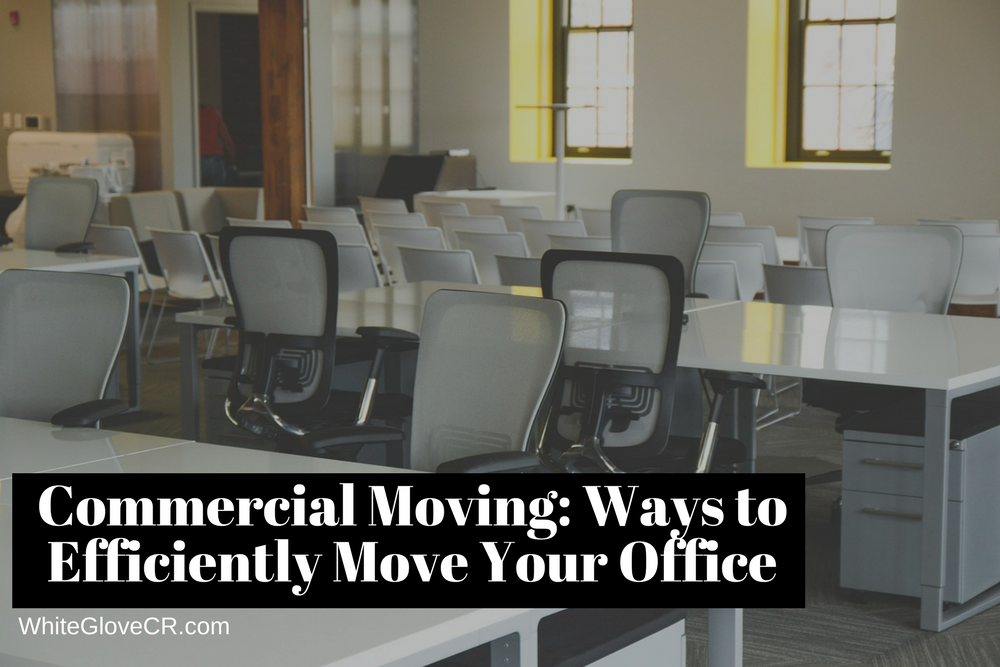Like many things in life, the moving process becomes much easier with preparation. If you prepare for your move well in advance by enacting organization and packing strategies, you’ll have a much easier and more efficient move. To take some of the burden off of themselves, many homeowners elect to hire professional residential movers during the relocation process. If you decide to hire a moving company, however, that doesn’t mean that you’re completely off the hook. After all, it’s your belongings that need to be moved. In addition to using your own common sense and planning skills, you can use the following tips and tricks to ensure the things you cherish arrive safely in your new space.
- Clean up – Before the movers show up on your doorstep, be sure to take care of the household chores like laundry, dishes, and tools. These items are easier, and more sanitary, to pack and move when they’re not dirty!
- Organize – In addition to helping you maintain your own sanity, keeping things organized will save time in the long run. You’ll be able to find things quicker if you keep them organized, especially in labeled boxes.
- Eliminate clutter – Comb through your belongings and purge items that you can donate, give away, or trash. You’ll thank yourself later if you place these items into their own pile labeled “Don’t move!” or get rid of them even before the movers arrive.
- Separate items that you’ll be moving – Items such as toiletries, medications, personal care items, and work stuff tend to be items that residential movers don’t need to touch. Pack these items and separate them from the rest ahead of time. Or if you’re short on time, clearly mark them so the movers don’t accidentally place them in the moving truck.
- Sort your items by room – keep all your kitchen items in the kitchen, for example, and use signs to clearly identify each room so the packers can label boxes accordingly. If you find that several items will be switching rooms in the new location, simply mark them with their own clarifying label.
- Utilize the cloud – With moving comes the need to relocate your electronic items. Even if you’re well equipped to set up your own computer in the new space, be sure to do a back-up to the cloud in advance. Do this for anything that has a hard drive – tablets, smartphones, game consoles, etc. Trust us, this extra step can be a lifesaver!
- Clearly label valuables – Whether you have a lot of vintage pieces, antiques, or items that are deeply meaningful, be sure to label them as such. This way the professional movers will know to handle them with extra care.
- Clear away the clutter – Though it doesn’t seem like it would save you a lot of time, de-cluttering makes the moving process go faster. If your residential movers have clean surfaces such as tables and countertops to work on, the packing and labeling process will be expedited.
- Lay out your expectations – Relaying your thoughts and guidelines to your professional moving team will make for smooth sailing on the big day. Make a pass through your home before and after packing takes place and make sure it’s done to your satisfaction. After all, this is a service you’re paying for, so the movers should be willing to make you happy.





